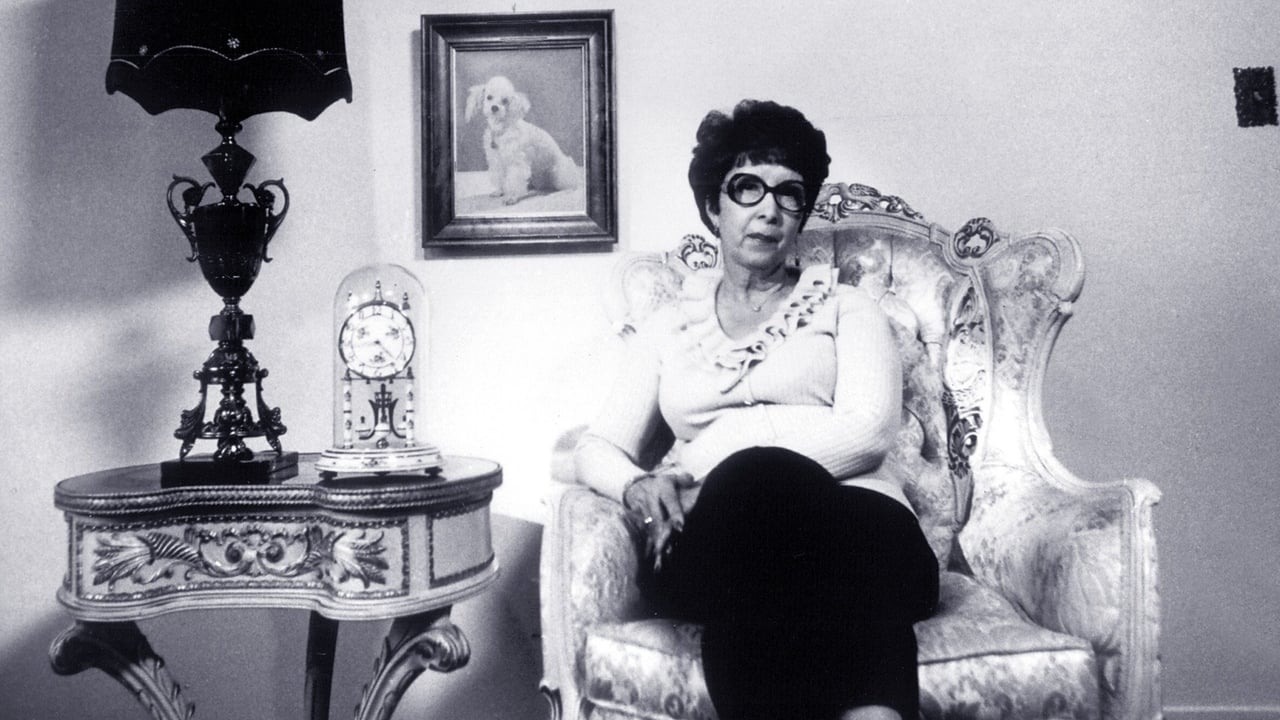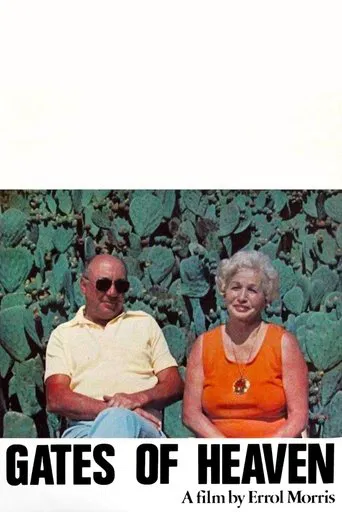Phonearl
Good start, but then it gets ruined
ChicDragon
It's a mild crowd pleaser for people who are exhausted by blockbusters.
Merolliv
I really wanted to like this movie. I feel terribly cynical trashing it, and that's why I'm giving it a middling 5. Actually, I'm giving it a 5 because there were some superb performances.
Hayleigh Joseph
This is ultimately a movie about the very bad things that can happen when we don't address our unease, when we just try to brush it off, whether that's to fit in or to preserve our self-image.
gavin6942
A documentary about a pet cemetery in California, and the people who have pets buried there.Roger Ebert wrote that the film is an "underground legend," and in 1997 put it in his list of The Great Movies. This is a very strange film to have on the Great Movies list, especially considering it is probably not generally thought of as Morris' best. He is much more well known for "Thin Blue Line" or "Fog of War", for example.But everyone has to start somewhere, and he started off with some quirky people. We see that here, and we see that with "Vernon, Florida". The Criterion collection was wise to package the two together, because they are very much the same sort of story in a way. Is it America or just humanity in general that has these oddballs?
tieman64
Errol Morris' career starts here, with this subversive documentary about pet cemeteries. Of course this being Morris, "Gates of Heaven" is not really about cemeteries, but about the mediocrity, horrors and vacuousness of middle class America.What's staggering is how precise a tightrope Morris walks. On one hand, the film seems to be about pet cemetery rackets and the predatory nature of businessmen who exploit human fears and frailties (the love of animals, fear of death etc). On the other, it's mocking humans for being stupid and easily duped, and yet on the other (yes, this freakish film has three hands), this is a grotesquely moving and very human piece of work, Morris celebrating the eccentricities of pet lovers and small towners without surrendering to phony warmth. As a result, the film possesses an odd blend of horror, humour and heart.The film mostly consists of interviews, slow pans and talking heads, Morris interviewing embalmers, cemetery owners, bankrupted businessmen and people whose pets have just died. We watch as these people simply talk, Morris not asking questions, providing narration or adding any stylistic flourishes. It's Frederick Wiseman meets David Lynch.What's interesting is the sheer oddness of the people Morris meets, and how utterly normal their oddness is. Whilst a doc-maker like Marcel Ophuls adopts a confrontational style when preying on his subjects, Morris instead treats his camera as a confession booth, his subjects anxious to share their wisdom and eager to express themselves. One woman speaks, for example, of establishing a deep and meaningful relationship with her poodle, another frets about being unable to find the right exit off a highway, whilst others deliver incredible monologues peppered with strangely chosen words and intonations. The end result is the world of Lynch's "Blue Velvet", only take much further, Norman Rockwell facades peeled away to reveal (every shot is artfully composed by Morris, designed specifically to emphasise a kind of glossy banality, a veneer of vapidity) something utterly ordinary, sad, silly, desperate, depressing and yet touching.Incidentally, this is the film which prompted Werner Herzog to eat his shoe. Yes, it's that kind of film.8/10 – Worth one viewing. Makes a good companion piece to Morris' masterpiece, "The Thin Blue Line".
Woodyanders
Documentaries can be either very dull or very interesting depending on their subject matter and how said subject matter is presented by the filmmakers. Now, a California pet cemetery most certainly qualifies as a truly eccentric subject for a documentary; it's so inherently strange a topic that it requires a certain amount of taste and restraint on the filmmakers' part to seem serious and involving instead of like some laughable and ridiculous freakshow. Fortunately, producer/director/editor Errol Morris handles this particular subject -- a pet cemetery, the cemetery's owner and employees, and the various people who have buried their deceased pets in the cemetery -- in a commendably delicate, subdued and respectful manner, thus making this strikingly offbeat and original one-of-a-kind feature a genuinely remarkable achievement. Morris wisely shoots the numerous folks he interviews in an appropriately plain, prosaic and unadorned straightforward style, allowing these engagingly colorful individuals to speak at great length, sometimes quite clearly, sometimes rather haltingly, always directly to the camera. There's a welcome and praiseworthy paucity of phony, affected pretension and heightened cloying preciousness evident throughout; however, there's still plenty of authentic heart-wrenching sentiment to be savored in this picture. It's here in spades and is made all the more poignant because it's presented with such great unwavering conviction and a real sense of purpose. While this highly unconventional is definitely out of the ordinary, it's thankfully never really bizarre or grotesque. Instead, it's just different -- and it's this astonishing differentness which makes "Gates of Heaven" a uniquely moving and riveting gem.
swatwat
I saw this film for the first time about 2 years ago on IFC and thankfully I videotaped it. Since then, I've watched it 10 or 11 times and it always fascinates me. I especially like the last third of the film in which we meet the harberts family who own the Bubbling Well Pet Cemetary in Nappa Valley. They all seem so sincere and at the same time they crack me up. Errol Morris just has a way of letting real life people go on and on about a subject without it ever becoming boring...

